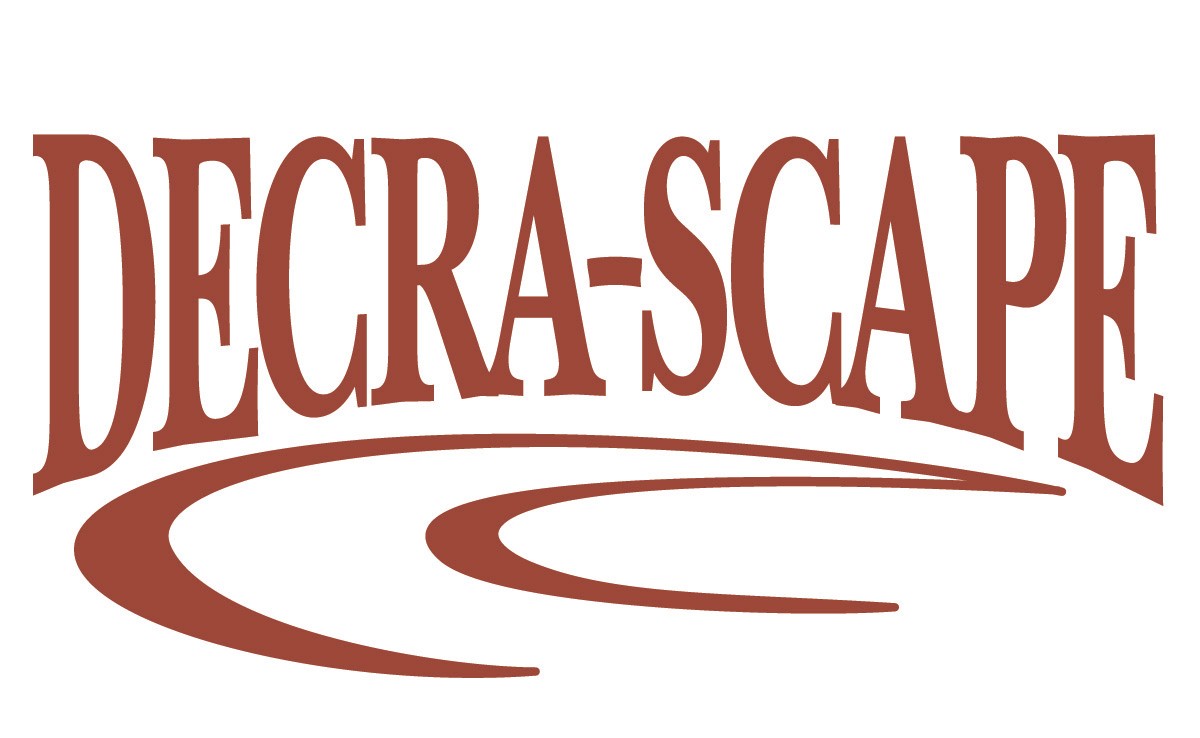Creating a beautiful and functional walkway can easily enhance an outdoor space, because walkways are as much a matter of usability as they are a boost to the beauty of your yard.
One of the most versatile and timeless materials for walkways is brick, and with various patterns to choose from, brick walkways can be tailored to suit different styles and needs.
Here, we explore some popular brick patterns that can add both beauty and durability to your walkways.
1. Herringbone Pattern
The herringbone pattern is a classic and visually striking option. So it’s one of the most popular paver patterns for brick walkways. This pattern is created by laying bricks at a 45-degree or 90-degree angle to form a V-shape, resulting in a zigzag effect.
From a functional standpoint, the interlocking nature of the herringbone pattern provides excellent stability and load distribution, making it ideal for high-traffic areas.
Benefits:
Excellent load distribution
Visually dynamic
Highly stable and durable
2. Running Bond Pattern
The running bond pattern, also known as the stretcher bond, involves laying bricks in rows with each brick staggered halfway over the joint of the row below. The result is a look that’s at once clean and full of visual interest.
This simple yet effective pattern is widely used due to its strength and straightforward installation.
Benefits:
Easy to install
Strong and durable
Classic, timeless appearance
3. Basketweave Pattern
The basketweave pattern consists of pairs of bricks laid horizontally and vertically, creating a woven effect. This pattern adds a touch of traditional appeal, and it’s particularly effective for smaller walkways and patios.
Benefits:
Attractive, woven appearance
Suitable for small spaces
Adds a traditional touch
4. Circular Pattern
For a more intricate and eye-catching design, consider a circular pattern. In this pattern, bricks are laid in concentric circles, often with a central focal point.
This pattern requires precise cutting and placement, making it more labor-intensive and therefore more expensive to install. But the result is highly rewarding in terms of aesthetic appeal.
Benefits:
Unique and visually impressive
Creates a focal point
Great for large, open spaces
5. Stack Bond Pattern
The stack bond pattern involves laying bricks directly on top of each other in a grid-like fashion. While this pattern is less stable for heavy traffic areas, it offers a modern and clean look that can be enhanced with the use of different colored bricks.
Benefits:
Modern, clean lines
Easy to install
Versatile for various designs
6. Flemish Bond Pattern
The Flemish bond pattern alternates between headers (short sides of the brick) and stretchers (long sides of the brick) in each row. This pattern creates a visually appealing and symmetrical design that is both strong and attractive.
Benefits:
Symmetrical and balanced look
Strong and durable
Adds visual interest
7. Diagonal Basketweave Pattern
Similar to the traditional basketweave, the diagonal basketweave pattern lays bricks in pairs at a 45-degree angle to the walkway, creating a dynamic and eye-catching design. This pattern works well in both small and large spaces.
Benefits:
Dynamic and interesting design
Suitable for various spaces
Traditional yet unique appearance
8. Pinwheel Pattern
The pinwheel pattern consists of a central square of four bricks with a single brick laid around it, creating a pinwheel effect. This pattern is often used as an accent or focal point within larger designs.
Benefits:
Unique and decorative
Works well as an accent pattern
Adds a focal point to the walkway
9. Basketweave with a Border
Combining the traditional basketweave pattern with a border of bricks laid in a running bond or stack bond pattern can create a framed effect. This adds structure and definition to the walkway, enhancing its visual appeal.
Benefits:
Framed, structured look
Adds definition to the walkway
Combines multiple patterns for interest
10. Spanish Bond Pattern
Also known as the Catalan bond, the Spanish bond pattern involves laying bricks in a diagonal or diamond shape. This pattern is less common but offers a unique and striking design that stands out.
Benefits:
Unique and uncommon
Visually striking
Adds a distinctive touch
11. Mosaic Pattern
The mosaic pattern involves using bricks of different colors and sizes to create intricate designs or images. This pattern is highly customizable and can be used to create personalized walkways.
Benefits:
Highly customizable
Unique and artistic
Allows for personalized designs
Tips for Choosing the Right Brick Pattern
Consider the walkway's purpose. For high-traffic areas, opt for patterns like herringbone or running bond that offer greater stability. For decorative or less frequently used areas, a basketweave or circular pattern can add a unique touch.
Blend with Surroundings: Choose brick colors and patterns that complement the existing landscape and architecture. Traditional red bricks can create a classic look, while lighter or darker bricks can add contrast and modernity.
Maintain for Longevity: Some patterns may require more maintenance due to their complexity. But regular cleaning and sealing can help maintain the appearance and durability of your brick walkway, so take care, and talk with your hardscape team about how to plan for maintenance.
Conclusion
Brick patterns for walkways offer a perfect blend of beauty, durability, and versatility. Whether you prefer the classic appeal of Flemish bond, the unique charm of the Spanish bond, or any of the beautiful patterns on this list, there's an option to suit every taste and need.
Getting Started with Brick Walkway Patterns & More
At Decra-Scape, we specialize in creating beautiful and durable outdoor living spaces tailored to your preferences.
Have questions about your brick walkway pattern? We’d love to discuss the options with you.
For more inspiration, check out our gallery of our work, read more on the blog, or catch up with us on Instagram.


